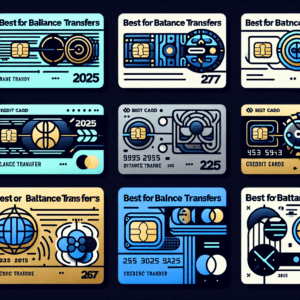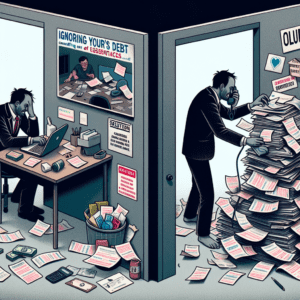Getting into a car accident can be stressful, and one of the biggest concerns for drivers is the potential increase in insurance premiums. While accidents can lead to higher rates, there are several strategies you can use to minimize the impact on your car insurance costs. In this guide, we’ll explore how to keep your insurance rates low after an accident.
How an Accident Affects Your Car Insurance Rates
Insurance companies determine your premium based on risk factors, and an accident can signal increased risk. Depending on the severity of the accident and who was at fault, your rates may rise significantly. Here are some key factors that influence the rate increase:
- Fault Determination: If you were at fault, your rates are more likely to increase.
- Claim Severity: Higher claim amounts often lead to steeper premium hikes.
- Accident History: Multiple accidents in a short period can result in even higher premiums.
- State Regulations: Some states have laws that limit how much insurers can raise rates after an accident.
Steps to Keep Your Car Insurance Rates Low After an Accident
1. Avoid Filing Small Claims
If the damage is minor and repair costs are manageable, consider paying out of pocket instead of filing a claim. Frequent claims can make you appear high-risk to insurers, leading to higher premiums.
2. Take Advantage of Accident Forgiveness
Some insurance companies offer accident forgiveness programs, which prevent your first accident from affecting your rates. If you have this feature in your policy, your premium may remain unchanged.
3. Shop Around for Better Rates
Not all insurers treat accidents the same way. If your current provider raises your rates significantly, compare quotes from other companies. You may find a more affordable option with similar coverage.
4. Improve Your Driving Record
Safe driving over time can help offset the impact of an accident. Consider taking a defensive driving course, which some insurers recognize with discounts.
5. Increase Your Deductible
Raising your deductible (the amount you pay before insurance kicks in) can lower your monthly premium. However, ensure you have enough savings to cover the higher deductible in case of another accident.
6. Ask About Discounts
Many insurers offer discounts that can help reduce your premium, such as:
- Safe Driver Discounts: If you maintain a clean record after the accident, you may qualify for future discounts.
- Bundling Policies: Combining auto and home insurance with the same provider can lead to savings.
- Low Mileage Discounts: If you drive less, you may be eligible for lower rates.
7. Consider Usage-Based Insurance
Some insurers offer telematics programs that track your driving habits. If you demonstrate safe driving behavior, you could receive lower rates despite having an accident on your record.
How Long Will an Accident Affect Your Insurance?
Most accidents stay on your insurance record for three to five years, depending on your state and insurer. During this period, maintaining a clean driving record and avoiding further claims can help gradually lower your rates.
Final Thoughts
While an accident can lead to higher car insurance premiums, there are proactive steps you can take to minimize the impact. By avoiding unnecessary claims, exploring discounts, and improving your driving habits, you can keep your rates as low as possible. If your insurer raises your premium significantly, don’t hesitate to shop around for better options.
Remember, safe driving is the best way to prevent future accidents and maintain affordable insurance rates. Stay cautious on the road, and take advantage of available discounts and programs to keep your costs manageable.

















